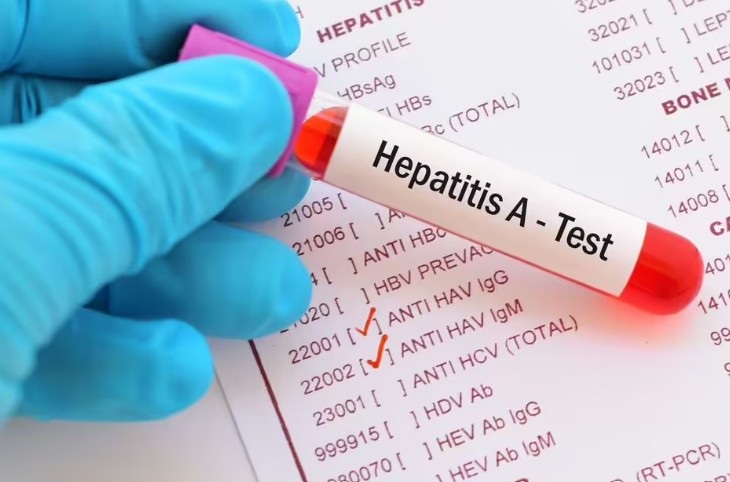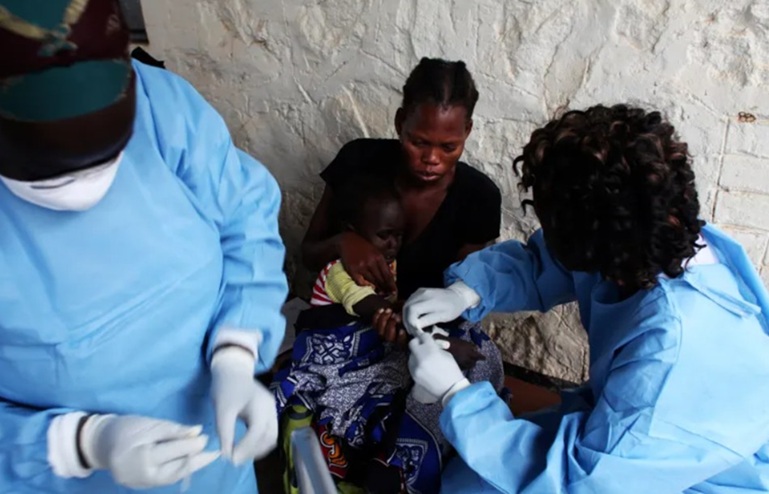In a sobering turn of events, Japan has reported its first death from mpox, a viral disease that has been causing concern since its first appearance in the country last year. The victim, a man in his 30s residing in Saitama Prefecture, succumbed to the illness, raising alarms about the potential risks faced by those with compromised immune systems.
The Japanese health ministry revealed on Wednesday that the deceased individual was immunocompromised due to a previous infection with the human immunodeficiency virus (HIV). This tragic development highlights the vulnerability of individuals with weakened immune systems to diseases that may be less severe for the general population.
The man’s diagnosis occurred in September at a local hospital, and he tragically passed away just two months later. Notably, he had not traveled abroad, suggesting a domestic origin of the infection. The case underscores the ongoing challenges in managing infectious diseases within national borders.
Japan’s encounter with mpox began in July of the previous year, with 227 confirmed cases reported by the health ministry as of December 3. Previously known as monkeypox, mpox causes symptoms such as high fever, headaches, swollen lymph nodes, and characteristic rashes that resemble blisters, appearing on the face and other parts of the body.
Despite the concerning nature of the disease, the World Health Organization (WHO) declared in May that mpox no longer constituted a public health emergency of international concern. This decision was based on a decline in new infection cases globally. However, the recent death in Japan serves as a stark reminder that certain demographics remain at high risk, particularly those with compromised immune systems.
The National Institute of Infectious Diseases reported over 90,000 cases and 157 deaths worldwide from January 2022 to September this year. Alarmingly, Asia has witnessed a surge in known infections since last March, posing challenges for health authorities in the region.
While most individuals recover from mpox within two to four weeks, the disease can have severe consequences for certain groups, including children, pregnant women, and those with compromised immune systems. The unfortunate death in Saitama Prefecture emphasizes the importance of targeted interventions and heightened vigilance in protecting vulnerable populations from infectious diseases.
As health authorities in Japan and around the world continue to monitor and respond to the evolving landscape of infectious diseases, the recent mpox-related fatality serves as a poignant reminder of the ongoing challenges in safeguarding public health, especially for those whose immune systems are already under strain.
(Source: Kyodo | Japan Times)









